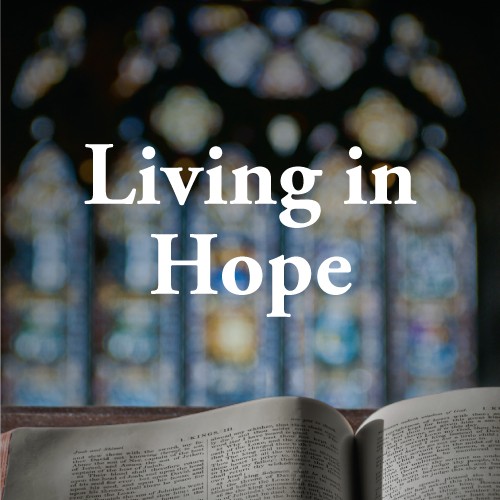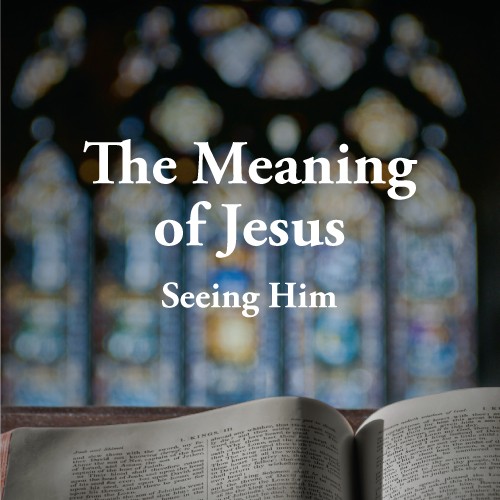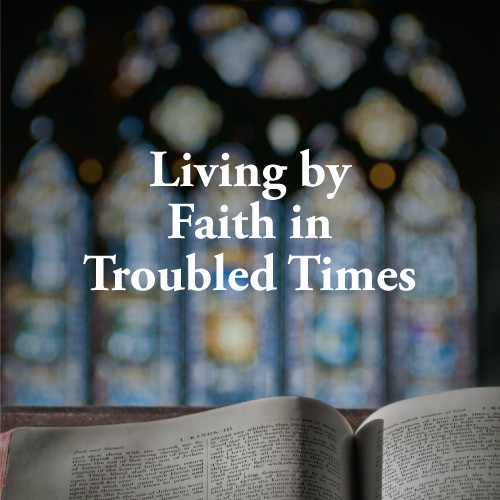
The Hope of Glory (Easter 2004)
Tim Keller | April 11, 2004
Overview
Historical and sociological scholarship shows the early Christians were remarkably different than their neighbors. Why were the Christians so much more compassionate to the sick? Why were they so much more forgiving to their persecutors? Why were they so much more ethnically inclusive than anyone had ever seen? Were they just ahead of their time? Were they just nicer people? No, it all depended on what they believed their future to be.
You might say, “That sounds very good, but how could anybody be certain about the future?” That was what was different. The answer and, therefore, the key to this whole dynamic of Christian hope is the resurrection of Jesus Christ.
When the early Christians looked at the resurrection of Jesus Christ, the resurrection 1) gave them certainty of God’s future and 2) described the shape of God’s future.




